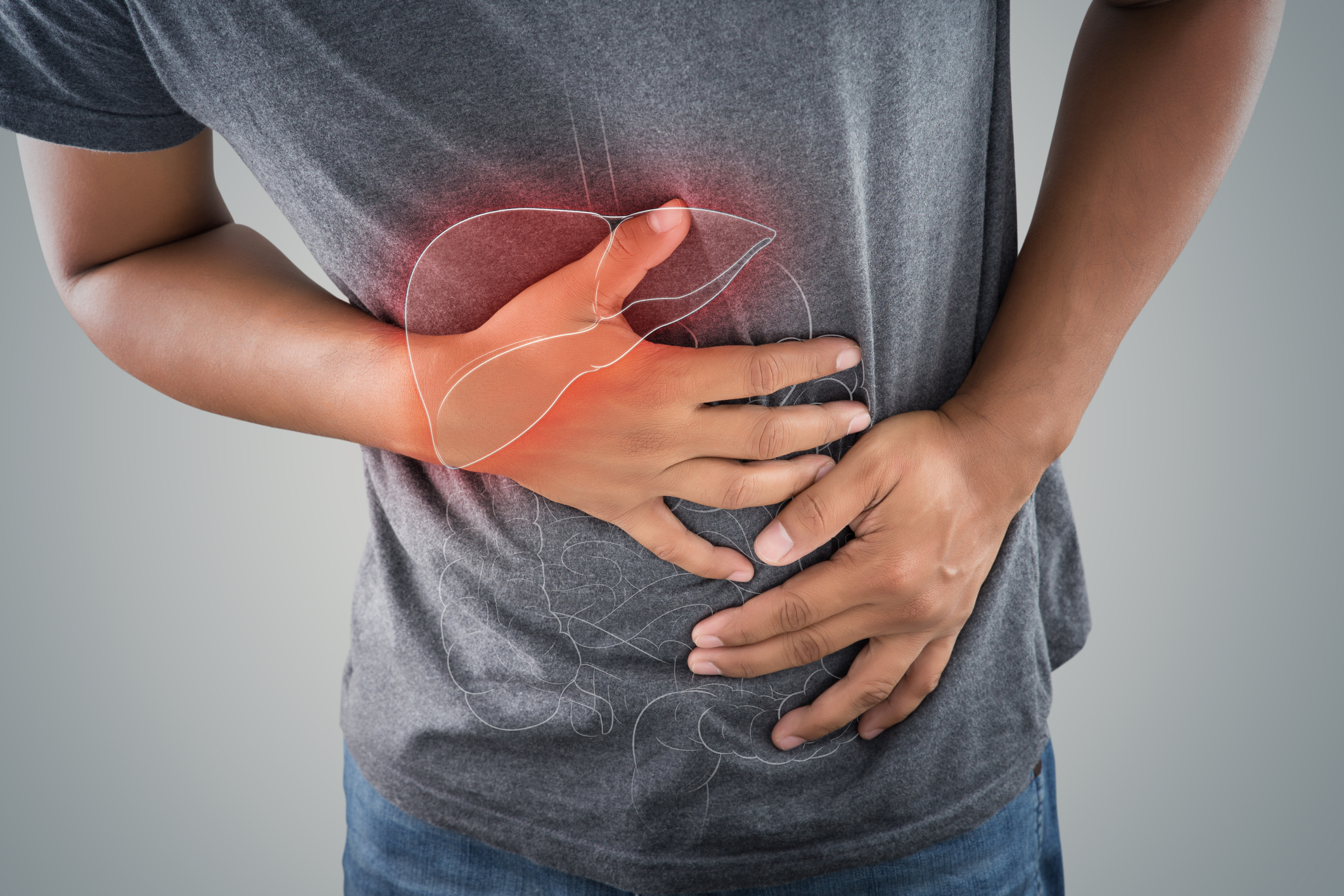
Acid reflux, also known as gastroesophageal reflux disease (GERD), is a condition characterized by the backward flow of stomach acid into the esophagus, causing heartburn and other symptoms. Making dietary changes can help manage acid reflux symptoms and reduce the frequency and severity of episodes. Here are some general dietary recommendations for acid reflux patients:
- Avoid trigger foods: Certain foods can trigger or worsen acid reflux symptoms. Common trigger foods include fatty or fried foods, spicy foods, citrus fruits and juices, tomatoes and tomato-based products, chocolate, caffeine, carbonated beverages, mint, and alcohol. Limit or avoid these foods to help reduce symptoms.
- Opt for lean proteins: Choose lean proteins such as skinless poultry, fish, seafood, and legumes. These protein sources are generally easier to digest and less likely to cause acid reflux symptoms compared to fatty meats.
- Include high-fiber foods: Fiber-rich foods help regulate digestion and reduce the risk of reflux. Include whole grains, such as oatmeal, brown rice, and whole wheat bread, as well as fruits, vegetables, and legumes in your diet.
- Eat smaller, more frequent meals: Large meals can put pressure on the stomach and increase the likelihood of acid reflux. Instead, consume smaller meals throughout the day to allow for easier digestion and minimize symptoms.
- Avoid late-night eating: Eating close to bedtime can worsen acid reflux symptoms. Try to finish your dinner at least two to three hours before going to bed to give your stomach enough time to empty.
- Stay upright after meals: Lying down or reclining after eating can promote acid reflux. Stay upright for at least two to three hours after meals to aid digestion and reduce the likelihood of symptoms.
- Limit or avoid alcohol and caffeine: Both alcohol and caffeine can contribute to acid reflux. They can relax the lower esophageal sphincter (LES), the muscle that prevents stomach acid from flowing back into the esophagus. Limit or avoid alcoholic beverages and reduce your intake of caffeinated drinks like coffee, tea, and soda.
- Stay hydrated: Drink plenty of water throughout the day to maintain good overall health and support digestion. However, avoid drinking large amounts of fluids with meals, as it can contribute to reflux.
- Consider weight management: Being overweight or obese can increase the risk of acid reflux. If you’re overweight, working towards a healthy weight through a balanced diet and regular exercise may help reduce symptoms.
It’s important to note that while these dietary recommendations can help manage acid reflux symptoms for many people, individual triggers and tolerances may vary. It can be helpful to keep a food diary to identify specific foods or beverages that worsen your symptoms. Additionally, consulting with a healthcare professional or registered dietitian can provide personalized advice and guidance based on your specific needs and medical history.
See More on Video

The Acid Reflux The Acid Reflux By Scott Davis Solution. a complete program that includes a lot of effective and natural tips, food lists, home remedies, and habits one should adopt to get rid of the symptoms of acid reflux and other related problems and their symptoms so that you treat them safely and naturally by following it.